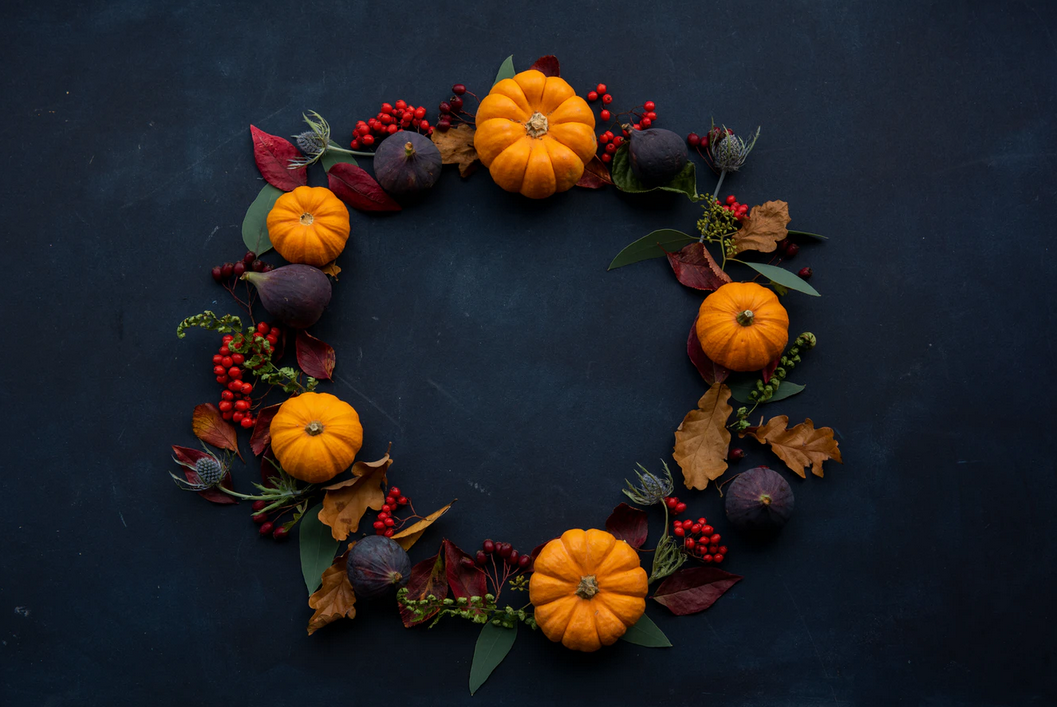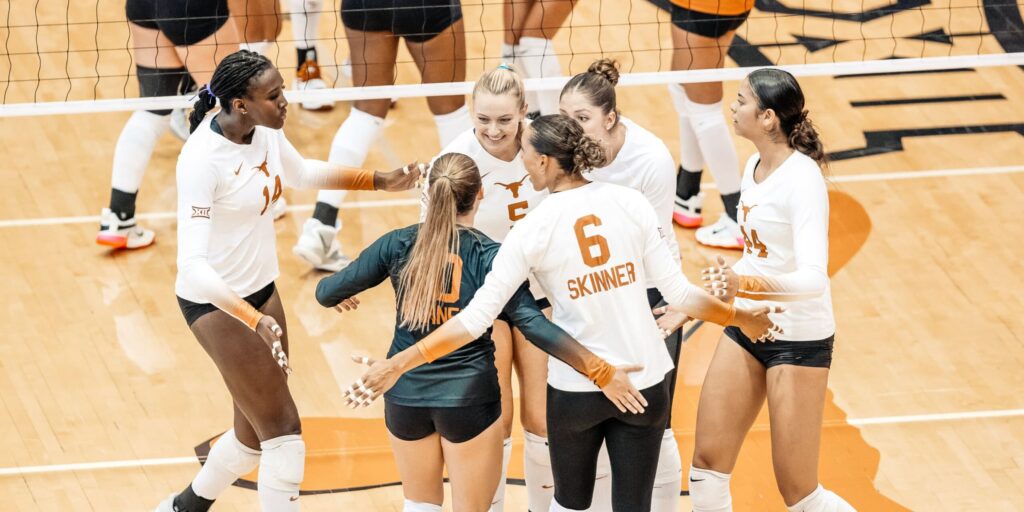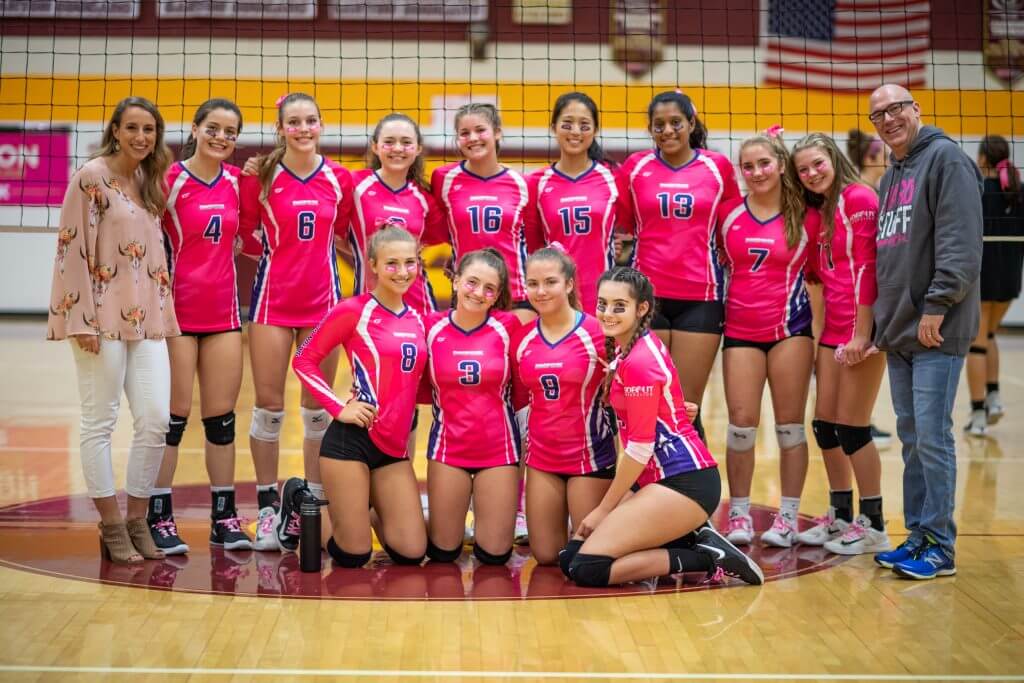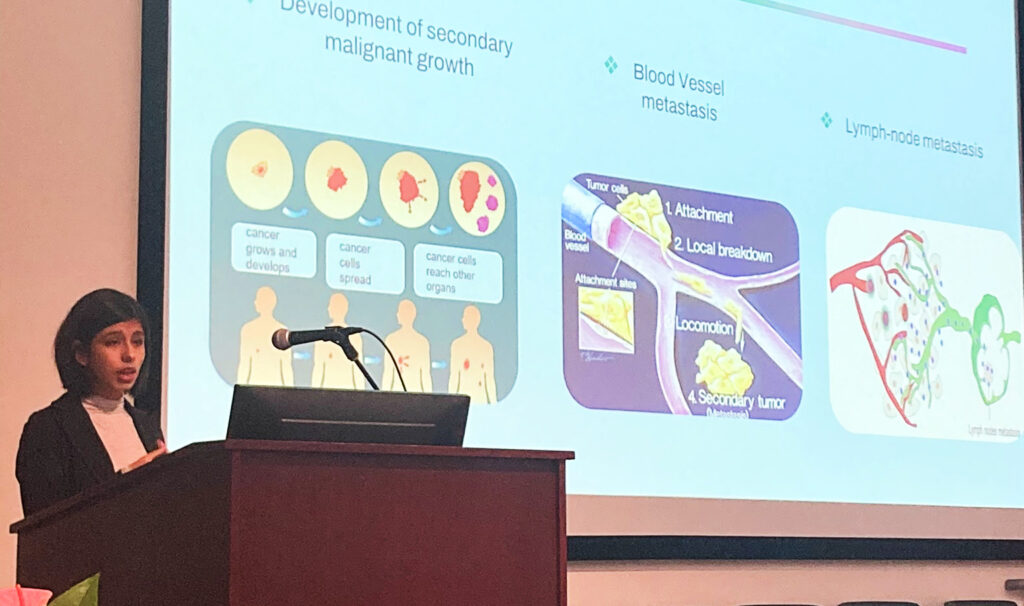Thanksgiving with Cancer Can Be Tough
With the holidays coming up, many of us can get caught up with the traditions we may be missing this year. We may have even created expectations on how to make them feel as normal as possible despite the ongoing pandemic. We may fear the isolation, loneliness, or long to be able to do what we used to. However, I think that we can take this as a small learning experience to somewhat relate to those struggling with cancer during the holidays.
Cancer doesn’t go away after the awareness month celebrations and does not dissolve with holiday spirit. Those living with cancer are often silent about their own battles as they try to give their all to their family. They may struggle with a lack of energy, a compromised immune system, a lack of identity, pain, and constant fatigue, yet may still be expected to make the most of the holidays and give it their all for their families.
No doubt, they would love to give it 100%. Time with loved ones, memories, and any amount of time at home matters to anyone living with cancer. Their energy just may not allow them to. It is hard for most people to understand this level of fatigue. When you are healthy overall, both emotionally and physically, you have a large amount of energy. Cooking, cleaning, conversations, and simply getting up in the morning may all seem like simple tasks. But for many people struggling with physical and mental health, including cancer patients, that energy is severely limited.
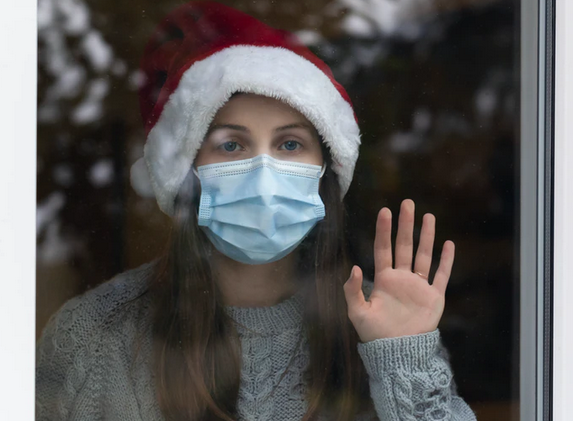
The Spoon Theory
A way to describe, and sometimes better understand the amount of energy a person may have is a method called The Spoon Theory. The Spoon Theory, developed by Christine Miserandino, “is a metaphor that is used to describe the amount of mental or physical energy a person has available for daily activities and tasks.”
Spoons are used to count and represent energy. Every task, such as waking up or brushing your teeth takes a different number of spoons. While a healthy person may have a seemingly unlimited amount of spoons, someone living with cancer, other chronic illnesses, or other invisible disabilities may only have 20 spoons, 10 spoons, or none at all.
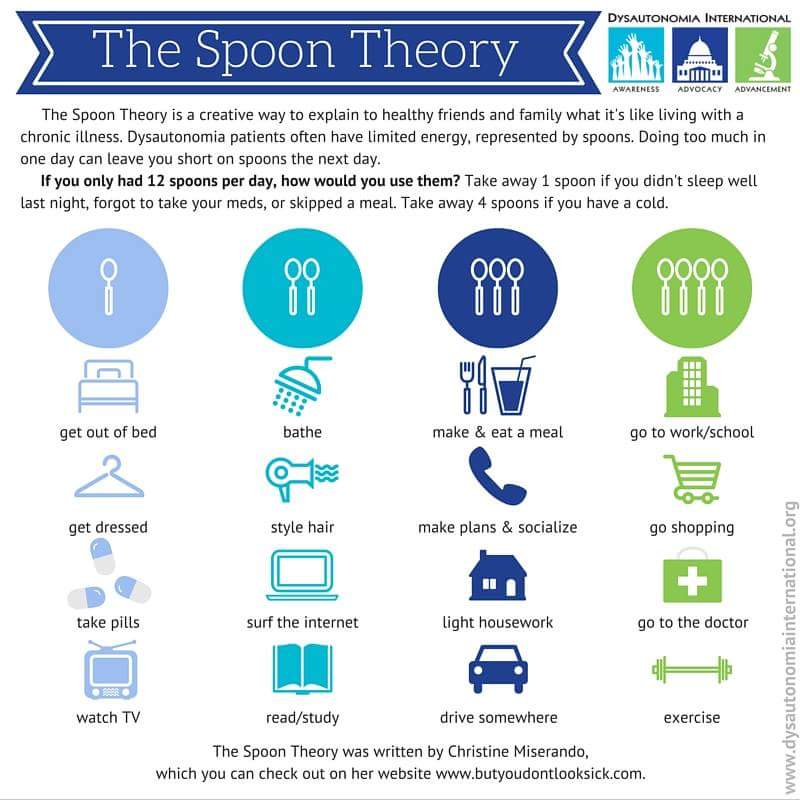
How It Can Help
This can be a great method to help family and friends understand what their loved one may be experiencing. This holiday season, if you know someone living with cancer, or you yourself are living with cancer, be honest about how many spoons are available. Cancer patients often feel isolated (even more so with the pandemic) and their spoons this year may be severely compromised.
In order to have the best possible holiday experience, try adapting your holiday to what is comfortable for those with less spoons. Switch up roles, and have someone else cook. Have a smaller gathering, or do a short meeting on Zoom. Check in with your loved one. It can be hard for cancer patients to try and adapt to their families’ expectations.
We wish you all a happy Thanksgiving with lots of love from The Side-Out Foundation.
